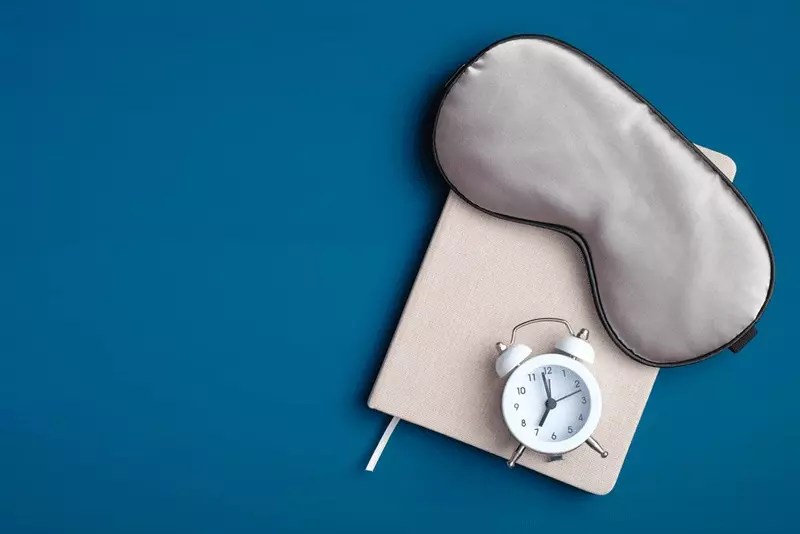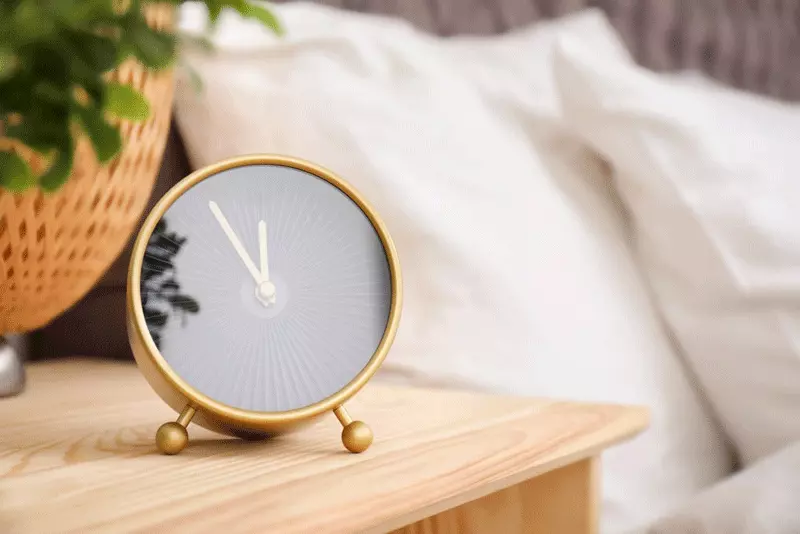Effective Sleep Hygiene Practices for Enhanced Sleep and Decreased Snoring
Jul 11th 2023
Effective Sleep Hygiene Practices for Enhanced Sleep and Decreased Snoring As many as one in every four people suffer from sleep disturbances and snoring. This silent epidemic not only impacts the quality of life but also concerns long-term health. Therefore, it's essential to understand effective sleep hygiene practices to combat these issues.
What is Sleep Hygiene?

Sleep hygiene refers to the habits and practices conducive to sleeping well consistently. It involves simple guidelines that promote better sleep health. It's about making small but impactful changes to your sleep environment and routine to encourage uninterrupted, quality sleep.
Effects of Poor Sleep Hygiene:

Poor sleep hygiene can lead to insomnia, restless sleep, and daytime fatigue. Additionally, it can result in heavy snoring, leading to further sleep disturbances and associated health risks such as sleep apnea and cardiovascular diseases.
Good Sleep Hygiene Practices
Implementing Good Sleep Hygiene for Better Sleep and Reduced Snoring:
Regular Sleep Schedule:

Maintaining a regular sleep schedule helps regulate your body's internal clock, promoting better sleep at night. Aim for 7-9 hours of sleep each night, and try to wake up simultaneously every day.
Ideal Sleep Environment:

Create a calm, dark, and quiet sleep environment. Use earplugs, an eye mask, or white noise machines if needed. Invest in a comfortable, supportive mattress and pillows to help reduce snoring.
Avoid Stimulants Before Bed:
Avoid nicotine, caffeine, and alcohol for at least 3-4 hours before bedtime. These substances can interfere with your ability to fall asleep and increase the likelihood of snoring.
Physical Exercise:

Regular exercise promotes better sleep by reducing stress and helping you tire out. However, intense exercise close to bedtime can interfere with sleep, so aim for morning or early afternoon workouts.
Healthy Eating:
Avoid large meals close to bedtime, particularly those rich in fats and sugars. Eating too close to bedtime can cause indigestion and acid reflux, exacerbating snoring.
Limiting Daytime Naps:
Long naps during the day can interfere with night-time sleep. If you must nap, keep it short—around 20-30 minutes—and early in the afternoon.
Limit Screen Time Before Bed:
The blue light emitted by smartphones, tablets, and computers can interfere with your body's sleep-wake cycle. Limit exposure to these devices for at least an hour before bedtime.
De-stress Before Bed:
Relaxing before bed can help improve your sleep quality and reduce snoring. Consider reading, meditating, taking a warm bath, or practicing yoga to help your body and mind unwind.
Avoid Sleep Medications:
Over-the-counter sleep aids and sedatives can interfere with your sleep cycle and may increase the risk of snoring. Instead, focus on natural methods to enhance your sleep quality.
Stay Hydrated:
Dehydration can cause mucus to build up in your nose and throat, leading to snoring. Make sure to drink plenty of fluids throughout the day.
Manage Allergies:
Allergies can block your nasal passages and increase snoring. Use allergy medications and keep your bedroom clean to minimize allergens.
Practice Breathing Techniques:
Breathing exercises like those taught in yoga and other mindfulness practices can help strengthen your respiratory system, reduce stress, and may decrease snoring.
Consult a Healthcare Provider:
If self-care strategies don't help, consulting a healthcare provider is essential. You may be referred to a sleep specialist for further evaluation. They may suggest devices such as a continuous positive airway pressure (CPAP) machine or oral appliances to help reduce snoring.
Stop Smoking:
Smoking can increase inflammation and fluid retention in the airways, leading to snoring. If you smoke, quitting could significantly improve your sleep quality and decrease snoring.
Use a Humidifier:
Dry air can irritate the throat and nose, leading to snoring. Using a humidifier in your bedroom might help. Incorporating these practices into your bedtime routine can substantially improve sleep quality and reduce snoring.
FAQs:
What causes snoring?
Snoring is typically caused by the relaxation of the throat and tongue muscles, which can partially block your airway and cause vibrations during breathing.
Can changing sleep positions help reduce snoring? Sleeping on your side rather than your back can help reduce snoring.
Are there medical treatments for snoring?
Yes, treatments range from oral appliances and nasal strips to surgeries, depending on the severity and underlying cause of snoring.
Can weight loss help reduce snoring?
Excess weight can contribute to snoring, and weight loss can often help reduce or eliminate this problem.
Is snoring always a sign of sleep apnea?
No, while snoring can be a sign of sleep apnea, not everyone who snores has this condition. However, it's best to consult a healthcare provider if snoring accompanies other symptoms like gasping or choking at night.
